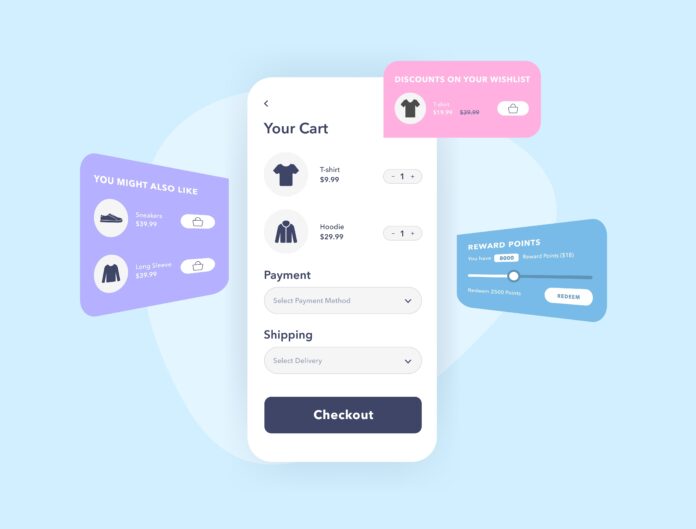One of the biggest mysteries of Brazilian e-commerce is its high cart abandonment rate, which already exceeds 80%. To better understand the reasons, OneKey Payments released the ‘Disruptive Payments’ study that reveals the main points that hinder a shopping journey.
– 62.6% of consumers have already given up on an online purchase due to excessive mandatory data in form filling;
– 92.8% abandoned the transaction because they couldn’t access the device where the authentication code (OTP) was sent;
– 93.7% interrupted the purchase because the website didn’t load correctly.
Complicated payment processes, slow pages, and unexpected requirements are among the main reasons. However, the payment institution responsible for the study believes that new technologies and payment models have the potential to solve this historical problem of digital commerce in Brazil. ‘What the data makes clear is that payment friction has been a key, yet underexplored, factor in purchase abandonment,’ explains César Garcia, CEO of OneKey Payments. ‘On the other hand, many of the problems pointed out by consumers can already be solved with innovative solutions.’
Although merchants are beginning to realize the importance of the payment stage in sales conversion, the study points out that only slightly more than half (54%) of retailers consider the payment experience as something fundamental to the brand’s reputation.
César compares this number to consumers: almost three out of four (73.1%) state that the preferred payment method and process can be decisive when choosing between two competing brands.
‘There is still a mismatch between how much consumers value the payment experience and how much merchants perceive this value,’ he assesses. Almost nine out of ten consumers (87.5%) consider their preferred payment process and method as something ‘important’ (73.1%) or ‘fundamental’ (14.4%) in the purchase decision.
Today, digital consumers expect fast, one-click payments and easily abandon long or complicated checkout journeys. ‘Payment is not just technology, it’s trust, loyalty, and sustainable growth,’ he states. ‘If you offer the Brazilian consumer an intuitive, secure, predictable, and frictionless process, your brand will be as valued as the product or service you deliver.’
The company points to Pix as an example of how technology, when designed with the user in mind, can overcome cart abandonment barriers. Pix has already surpassed credit cards as the most used method for online purchases and is also more popular than cash in in-person payments. ‘It’s simple, secure, and fast—essentially everything a payment should be. And with recurring payments, especially with the recent launch of Automatic Pix, the system redefines how brands can offer convenience and loyalty, eliminating repetitive steps in periodic purchases like subscriptions and recurring services. The payments market and online retail still have much to learn from Pix,’ comments the executive.
Technologies like one-click payments, recurring payments, biometric authentication, and advanced fraud detection systems are already available to payment institutions and retailers and can permanently solve the old obstacles of e-commerce. Digital wallets, which function as a ‘virtual wallet’ within the phone, securely store card data and prevent the consumer from having to type everything again with each purchase. This makes the process faster and less prone to abandonment. Additionally, innovations in fraud prevention, using artificial intelligence and machine learning, make the experience more secure without adding barriers like codes sent to secondary devices.
With abandonment rates still so high, it’s now up to payment providers to integrate these solutions with a focus on security and operational efficiency, showcase their benefits to retailers, and, most importantly, deliver the shopping experience that consumers not only expect but demand,’ concludes César.


